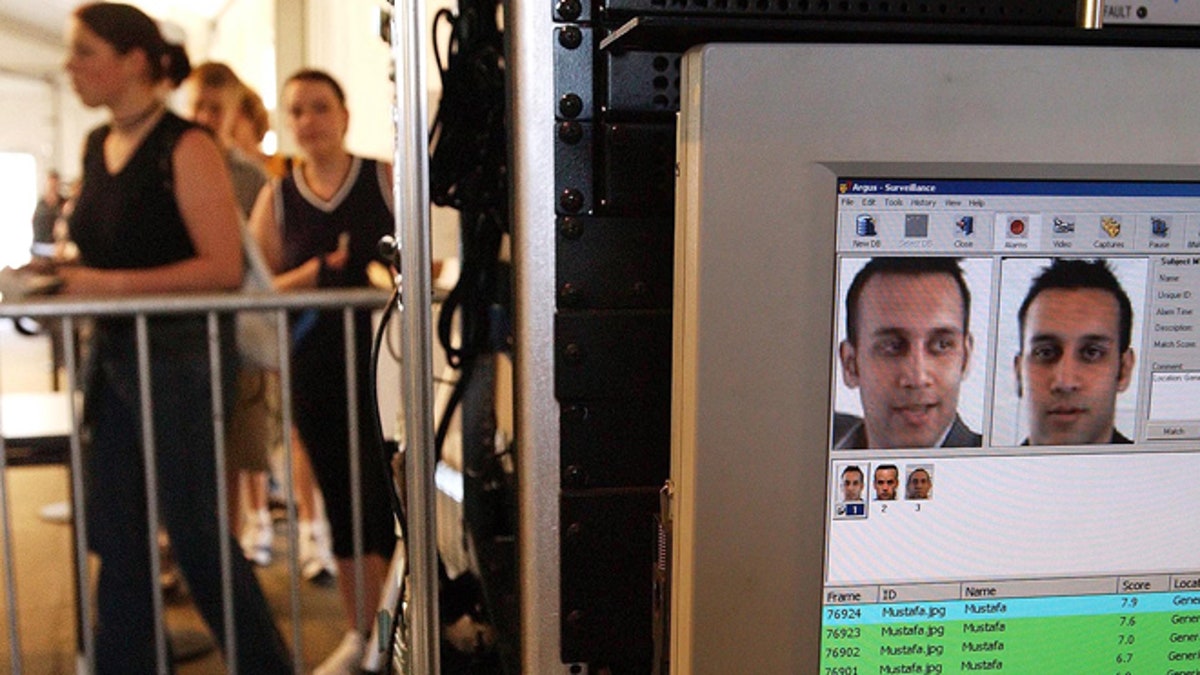
Facial recognition technology is used to screen people before they visit the Statue of Liberty in New York. (Reuters)
A massive face recognition database being built by the FBI – which could contain up to 52 million images by 2015 – is a “real threat to privacy for all Americans,” a digital civil liberties group says.
New information on the construction of the Next Generation Identification (NGI) database was released in response to a Freedom of Information Act lawsuit from the Electronic Frontier Foundation (EFF), which describes itself as a nonprofit organization that defends civil liberties in the digital world.
Records the EFF received indicated that the NGI database already had 16 million images in 2013 and could have up to 52 million by next year. The database can be searched tens of thousands of times each day, documents say.
The NGI program expands on FBI’s already-existing fingerprint database to include “other forms of biometric identification like palm prints, iris scans, facial imaging, scars, marks, and tattoos,” according to the FBI.
It is shared with federal agencies and around 18,000 law enforcement agencies across the United States. The FBI says it will help track down terrorists and criminals.
But the EFF, in a blog posted on its website, says one of its “biggest concerns about NGI” is that it will contain non-criminal face images mixed in with criminal face images.
“In the past, the FBI has never linked the criminal and non-criminal fingerprint databases. This has meant that any search of the criminal print database (such as to identify a suspect or a latent print at a crime scene) would not touch the non-criminal database,” read the post. “This will also change with NGI. Now every record—whether criminal or non… and every search will be run against all records in the database. “
As a result, the EFF says “even if you have never been arrested for a crime, if your employer requires you to submit a photo as part of your background check, your face image could be searched—and you could be implicated as a criminal suspect—just by virtue of having that image in the non-criminal file.”
However, the FBI says “[t]he candidate list is an investigative lead not an identification,” according to the EFF.
MorphoTrust -- a company that has built facial recognition systems used by around 35 state DMVs -- is building the facial recognition component of the NGI.








































